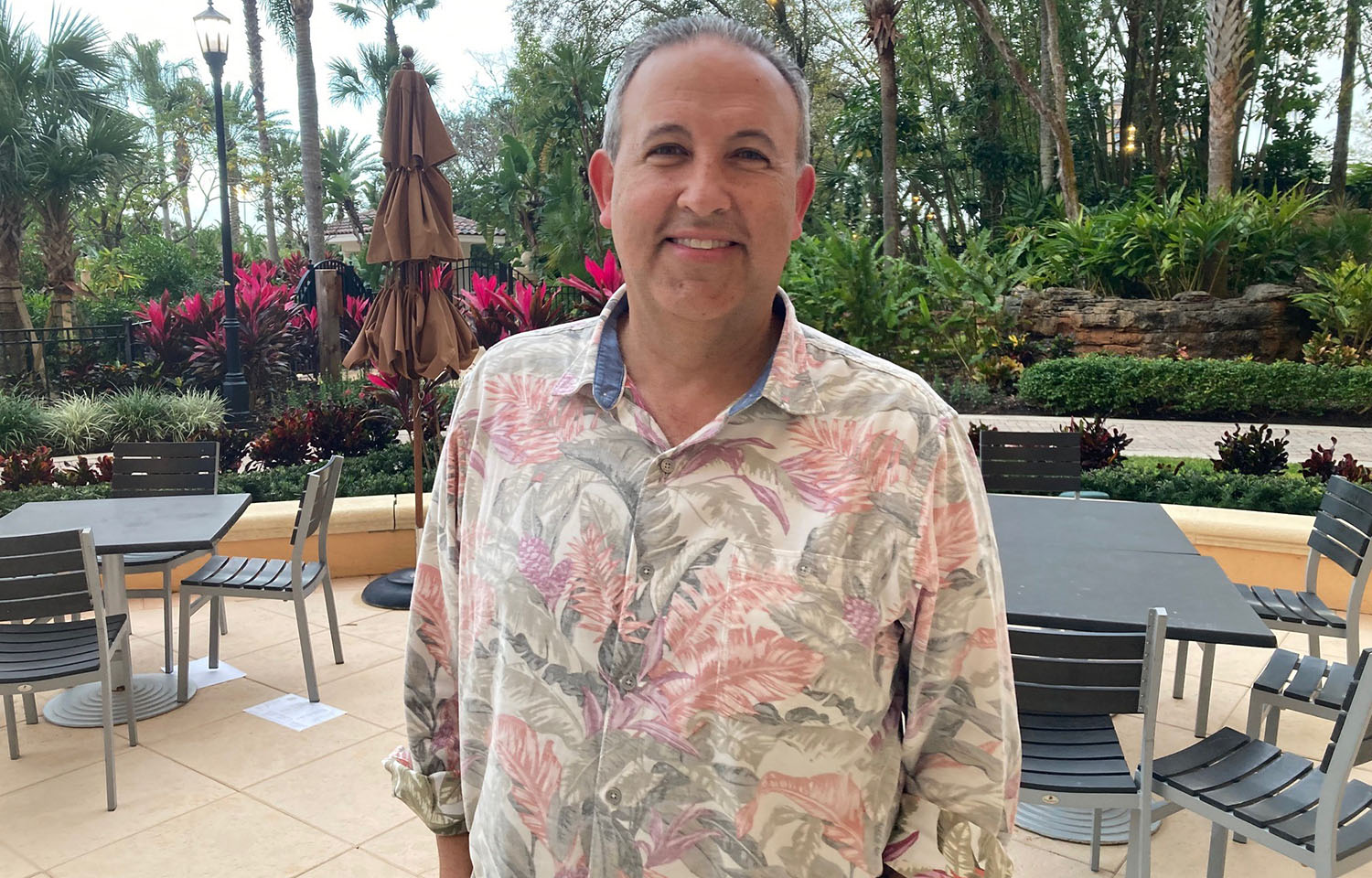Seafood Exchange of Florida President and CEO Travis Larkin is 100 percent committed to Ecuadorian shrimp.
Larkin, who took over the Wake Forest, North Carolina, U.S.A.-based value-added shrimp purveyor in 2008, works nearly exclusively with a single shrimp-farming and -processing firm in Ecuador, and he doesn’t foresee making any changes to that setup.
“We've worked in other parts of the world through the years, but we've just really focused on Ecuador because we have a tight partnership there and a lot of control with what’s done there and how it’s done,” Larkin told SeafoodSource.
Larkin said the combination of price, quality, and convenience Ecuador offers for its shrimp is impossible for competitors to match.
“Ecuador has always had an advantage in the quality of its raw shrimp. Buyers have just always really liked Ecuadorian shrimp, though we've never really known exactly why. It could be the environment, and I think a lot of it is in handling. Ecuadorian shrimp companies didn't develop a lot of the questionable habits that emerged in other places through the years. Ecuador was even slow to come to the game of treating shrimp. It just wasn't part of what they did,” Larkin said.
Founded in 1979, Seafood Exchange of Florida is a niche supplier, solely offering high-quality value-added shrimp products, such as hand-breaded coconut shrimp, glazed and marinated shrimp, skewers, scampi, and stuffed shrimp. It claims to have been the first U.S. company to import hand-breaded shrimp. The company sells mostly to retail, including co-packing branded supermarket products, and it’s working to grow its foodservice business, according to Larkin.
“Our product is in a lot of packaging out there that no one would know that we're behind,” Larkin said. "
A Utah native, Larkin joined Shrimp Exchange of Florida in 1998 after two years working in seafood procurement at General Mills. At the time, it was a small company, and Larkin said he was drawn to the opportunity to conjure his own vision for how a business should be run into reality.
“The previous owner was of a certain age and had no kids or obvious successors and said he could use some help. The next thing we knew I decided to take the plunge,” Larkin told SeafoodSource at the 2024 Global Seafood Market Conference. “That first year was tough because when you go from procurement to the other side, you go from being pretty popular, with the biggest [purchase order] book in the business, to nothing. But, after I got through about a year, things started to click.”
The business took off as Larkin in 2008, after Larkin purchased it and began working closer with the company’s sole supplier in Ecuador on custom solutions for his customers.
“We are a niche business, and o
“We are a niche business, and our advantage is that our niche is not covered by many suppliers,” Larkin said. “In the advanced value-added things that we do, it needs to be high quality, and we get that with our partner, who we have been working with since 1985. We have a lot of control over it, and Ecuador is close to the U.S., so we can get there frequently. That’s given us the ability to keep good, tight specs, good controls, and work on new products when the opportunity arises.”
Larkin said he’s been amazed by the emergence of Ecuador’s shrimp industry as a global powerhouse.
“It has been quite remarkable the amount they've grown that industry. And, they've done it in a way that they've kept their entire production system safe and growing. They're not dealing with the big disasters other countries have had,” he said. “They've been wise about it because they've taken it more slowly, and now, it's just massive.”
Larkin said he’s looked at diversifying his company’s supply by sourcing some products from Asia but that he hasn’t felt the need to pull the trigger on that move yet.
“We have done similar products in other parts of the world in the past, and we've kept those doors open,; those opportunities are always there. So, that's kind of a hedge,” Larkin said. “I’ve worked with good suppliers in Asia before, but they might also sell to 30 of your competitors. That doesn't give you the exclusivity. Sometimes, the costs in Latin America are a little bit higher than Asia just because of the nature of labor and other economics, but we're awfully close, and we can turn orders around pretty quickly. That ended up being a real lifesaver for some customers during Covid, when things really went south in Asia, but we were still turning things around pretty fast [in Ecuador].”
Seafood Exchange of Florida sources from two plants in Ecuador, so in the event one plant had a major disaster, “We wouldn't be just shut down overnight,” Larkin said.
The company steered clear of another potential pitfall when the U.S. Department of Commerce reduced its preliminary determinations on antidumping duties for Ecuadorian shrimp to 2.89 percent – from its original rate of 7.55 percent. While Seafood Exchange of Florida does not pay duties on braded shrimp, the higher rates affect its raw material costs.
“If we see higher duties, we’ll probably see a ...








